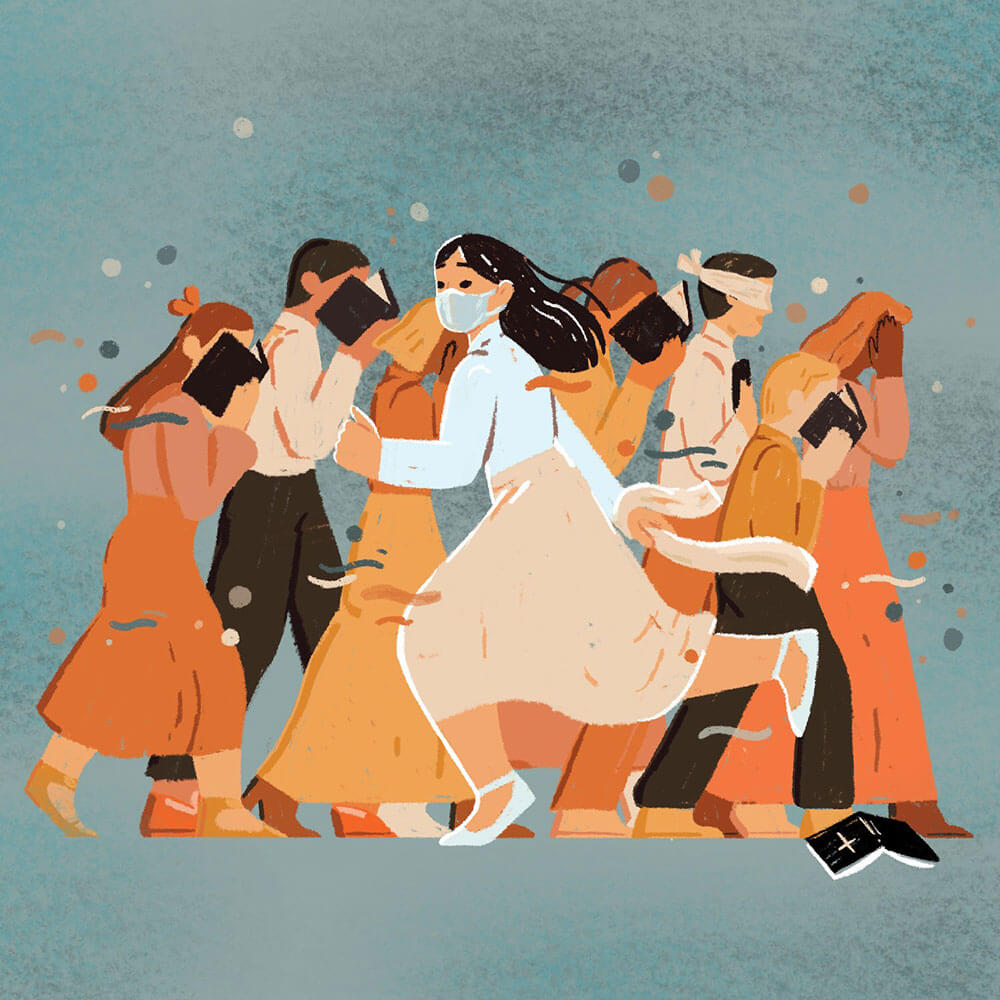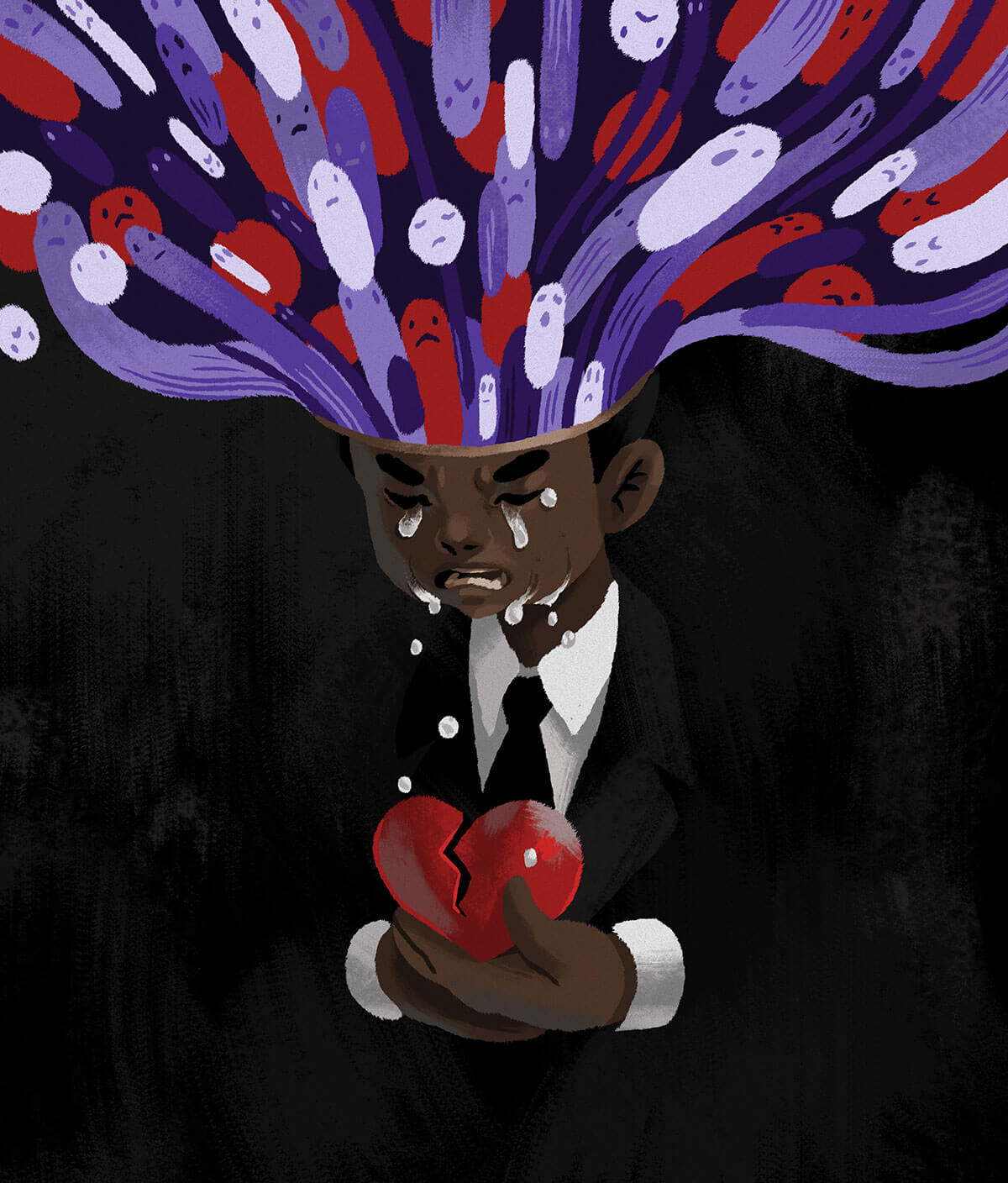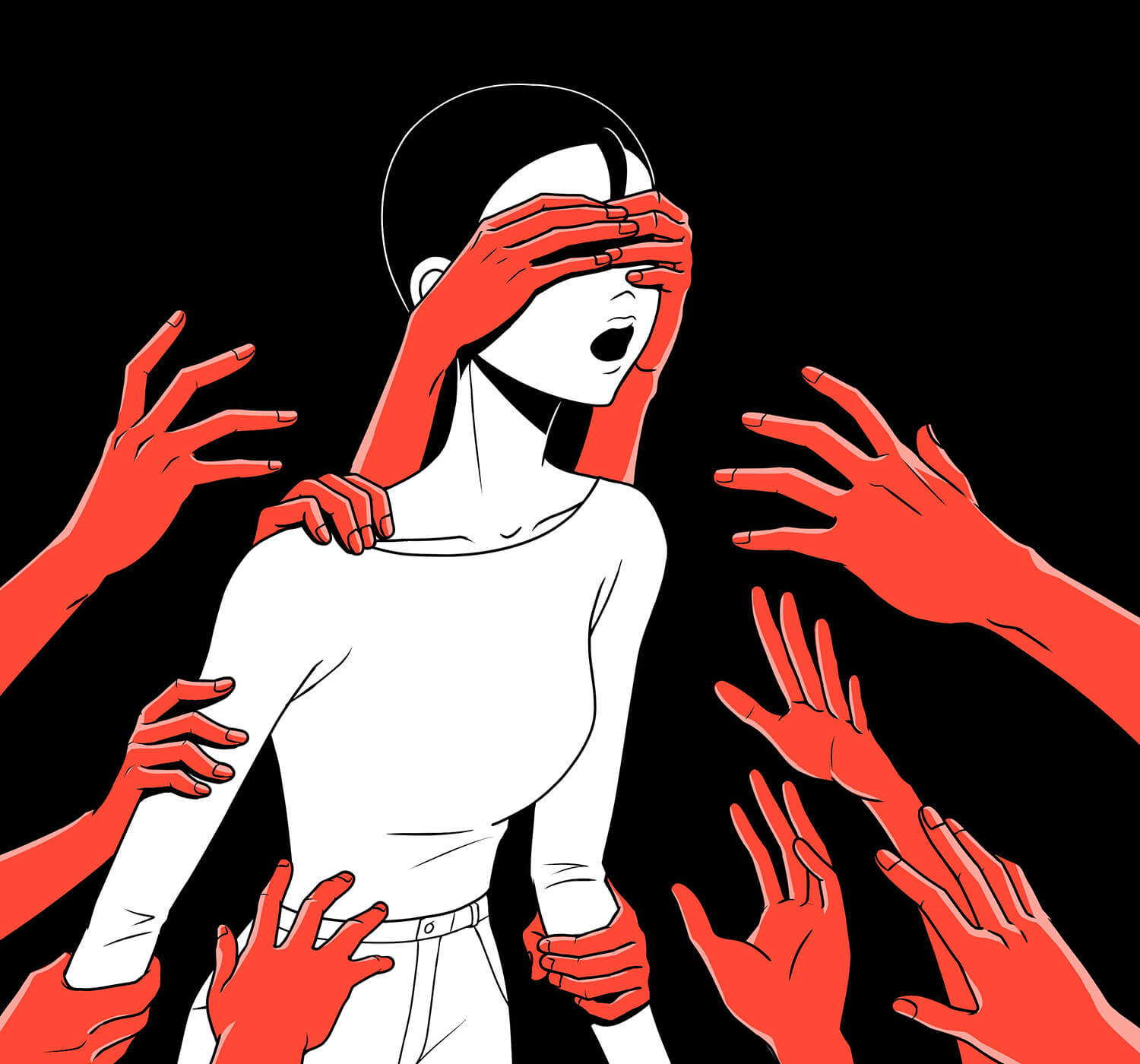
The F-Word
We face our fears, anxieties, worries, and try to learn from what they’re telling us.
My first panic attack happened while biking across the George Washington Bridge in New York City.
I had joined an event put together by the local cycling community to “escape” Manhattan and explore parts of New Jersey. But the entrance to the bridge was a narrow spiral where pedestrians and cyclists were within inches of one another as they shared the path.
I felt anxious, but since so many others didn’t seem like they had a problem with it, I did what I’ve always done in similar situations — I lowered my head, grit my teeth, and pushed through it. We continued to ride, navigating the bridge’s tight turns, until I felt a sudden impulse to pull to the side.
My hands shook as I reached for my water bottle. My back broke out into cold sweats. My head pulsed loudly with the beating of my heart. It took me a few minutes while gasping to steady my breath before I realized I had to turn back, head home, and take a long nap.
Lately, it seems like every grocery run takes me back to that bridge.
These panic attacks manifest feelings of fear and anxiety, emotions that are especially prevalent during uncertain times. Sometimes they may be triggered by an old fear that’s plagued me for as long as I could remember. Sometimes they emerge seemingly out of nowhere in a new or unfamiliar space.
As I get older, I realize that the tools I’ve used to confront my anxieties are not the most helpful. Pushing through it may allow me to get things done, but my body’s reactions — cold sweats, increased heart rate, and needing a nap — demonstrate the heavy physical toll it exacts.
An affirming practice in the midst of fear and anxiety has been to connect with other people. Talking and processing about what happened, or swapping empathetic stories about similar experiences can be reassuring or healing. Friends who are there for me, not to keep pushing me forward, but to check in about how I’m feeling and to remind me that it’s OK to allow myself to feel and sit with my emotions — for my emotions and reactions can give me information and insight about a situation, relationship, or myself.
In this issue, we face our fears, anxieties, worries, and try to learn from what they’re telling us.





